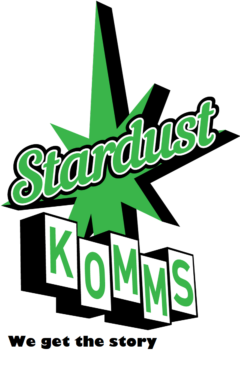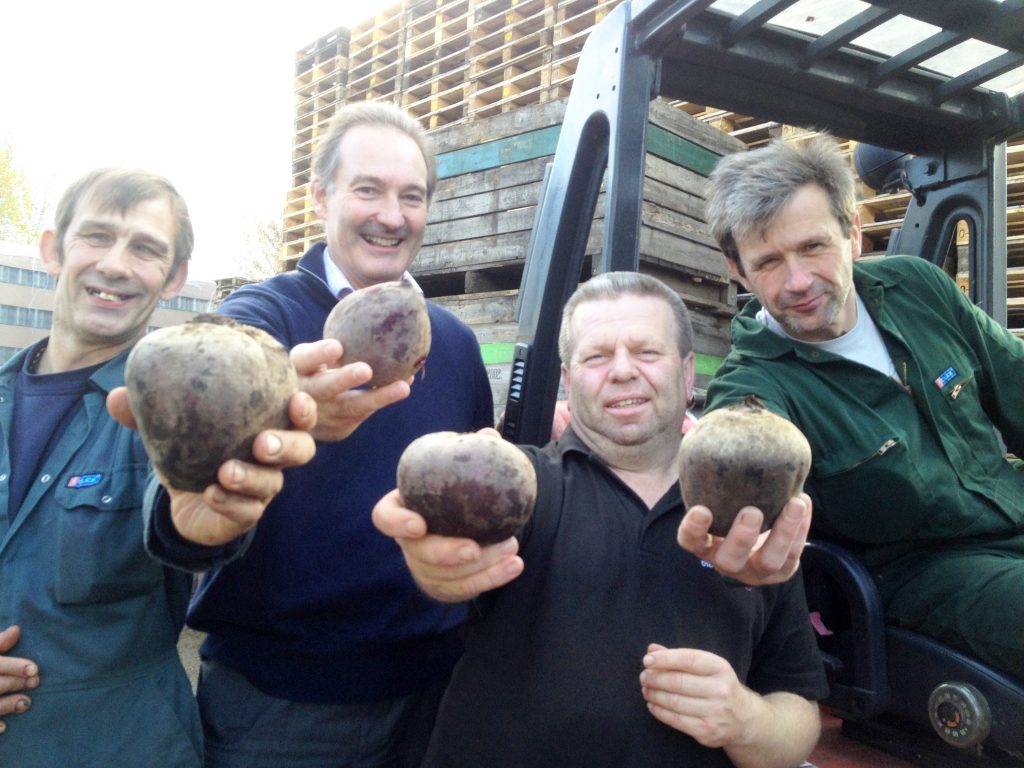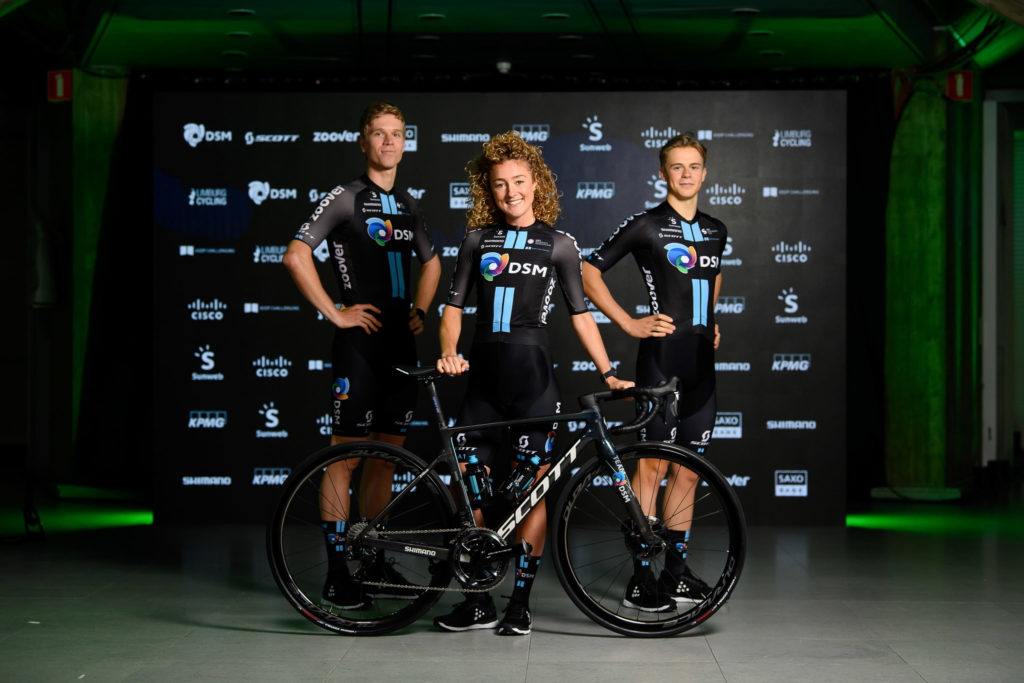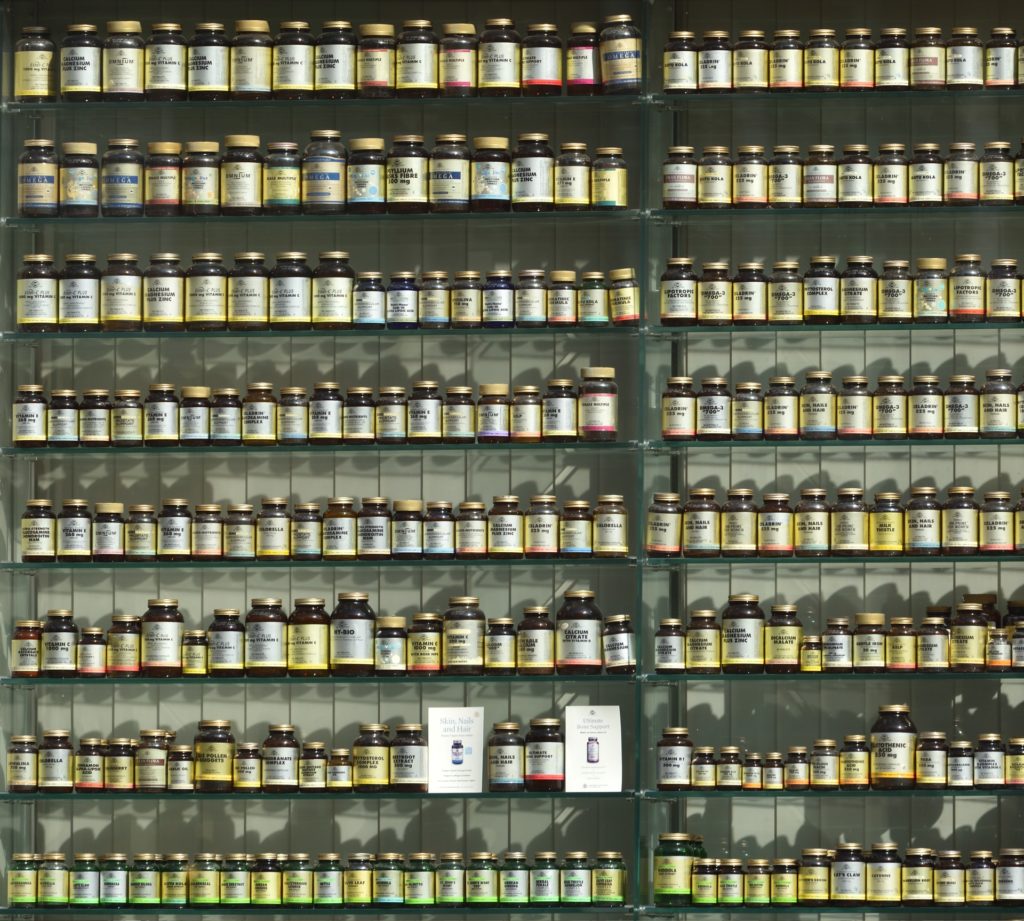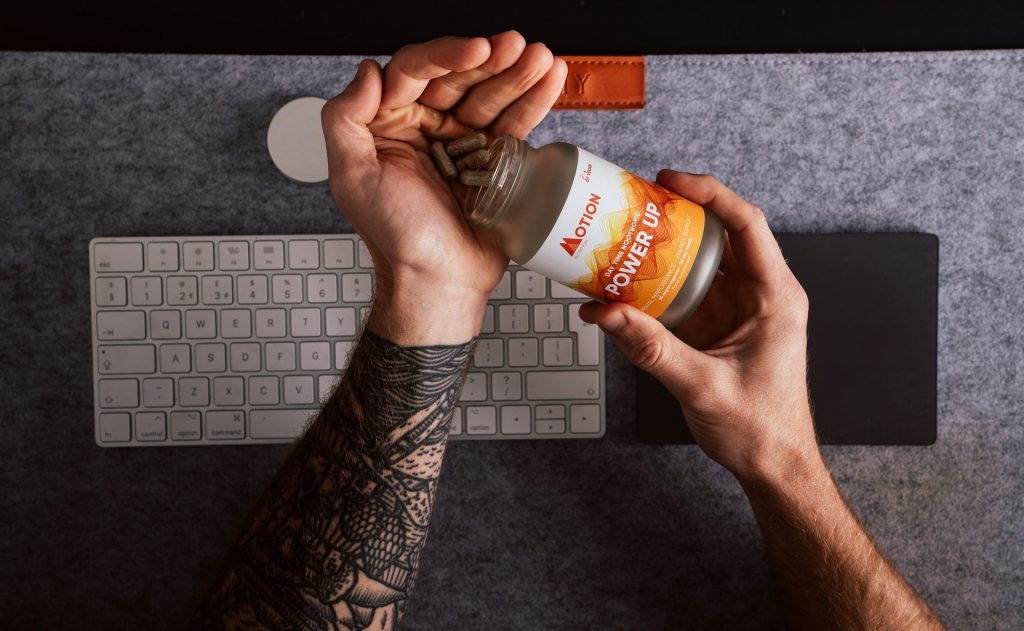
The first-ever pan-European good manufacturing practice (GMP) for sports nutrition is the topic of hot debate as industry weighs up whether it will help enforce quality and weed out bad actors lacing products with doping analogs like steroids and stimulants.
Specialized Nutrition Europe (SNE) and The European Federation of Associations of Health Product Manufacturers (EHPM) argue the voluntary GMP will build confidence in the sector among elite and other athletes.
However, the European Specialized Sports Nutrition Alliance (ESSNA), Europe’s largest sports nutrition-focused industry body, says the standard is ill-defined and will sow confusion.
More here.
